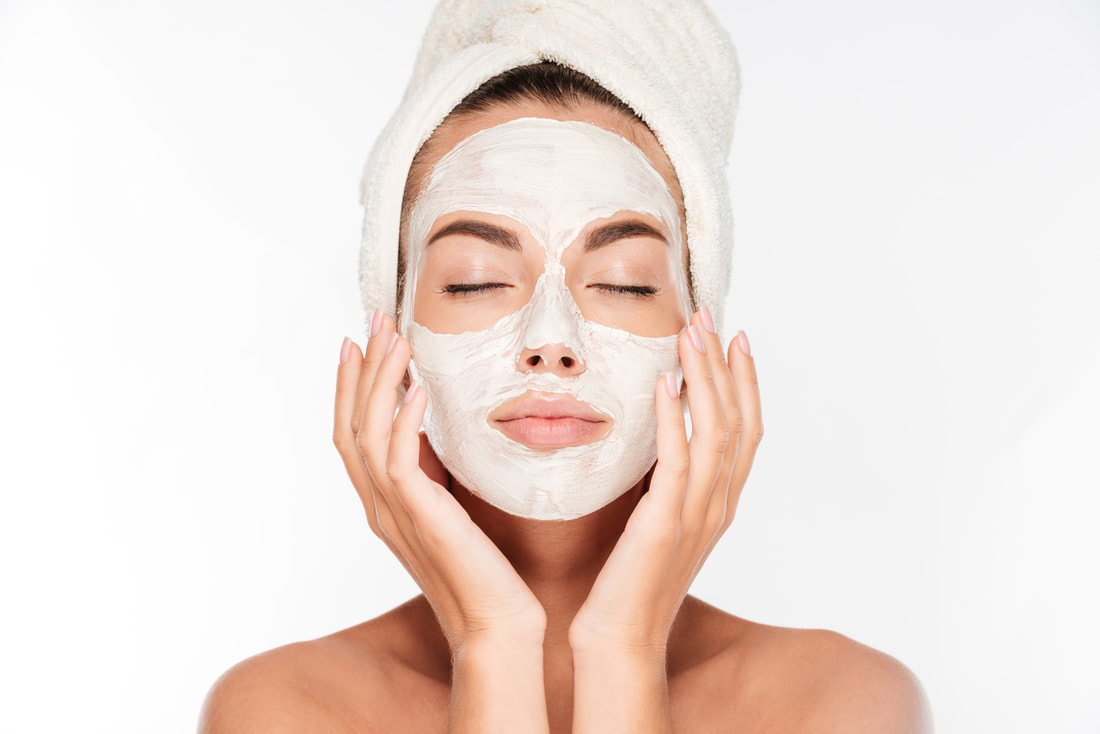Effective Skincare Routine for Sensitive Skin: Expert Tips from Beauticians
As a beautician, its essential to grasp the intricacies of a skincare routine for sensitive skin to enhance your services and strengthen client relationships. Individuals with sensitive skin often look for personalized guidance as their skin can react adversely to various products and environmental elements. By developing a customized skincare plan, you not only improve their skin's health but also foster trust and loyalty.
In this in-depth guide, we will explore the must-know elements for creating a tailored skincare routine specifically designed for sensitive skin. This insight will equip you with the tools to provide informed and personalized advice, helping your clients achieve the radiant complexion they desire.
Understanding Sensitive Skin
Before we dive into specific skincare routines, it's vital to comprehend what defines sensitive skin. Sensitive skin typically exhibits redness, itchiness, and reacts negatively to stimuli that wouldnt affect normal skin. This sensitivity may arise from genetic predispositions, environmental factors, or the use of inappropriate skincare products.
Recognizing Sensitive Skin
To provide exceptional service, you must be adept at recognizing sensitivity signs during client assessments. Watch for symptoms such as redness, dry patches, and a predisposition to flushing. Clients might also mention feelings of burning or stinging when using certain skincare items. Its important to ask thorough questions regarding their current skincare routine and any known allergies.
Key Steps in a Skincare Routine for Sensitive Skin
Establishing a skincare regimen for sensitive skin requires selecting gentle yet effective products and techniques. Here are the essential steps:
Cleansing
Cleansing plays a crucial role but must be approached delicately. Recommend a fragrance-free, hypoallergenic cleanser that preserves the skin's natural oils. Encourage clients to use lukewarm water and to gently pat their skin dry with a soft towel.
Moisturizing
Moisturizing is vital for maintaining the skin barrier's integrity. Suggest products containing ingredients like hyaluronic acid and glycerin, known for their hydrating properties without causing irritation. Advise clients to apply moisturizer when their skin is still damp for optimal moisture retention.
Sun Protection
Sun exposure can heighten sensitivity. Recommend a broad-spectrum sunscreen with a minimum SPF of 30. Look for formulations with zinc oxide or titanium dioxide, known to be gentle on sensitive skin.
Avoiding Irritants
Assist clients in recognizing and steering clear of common irritants such as alcohol, fragrances, and certain preservatives. Suggest conducting patch tests before introducing new products to prevent any adverse reactions.
Customizing Skincare for Individual Needs
Each client is unique, and their skincare regimen should reflect that individuality. During consultations, take the time to understand their specific concerns and preferences. Recommend products from reputable brands known for their gentle formulations.
For instance, if a client deals with both sensitivity and acne, you may suggest incorporating a product with a low concentration of salicylic acid. For individuals experiencing dryness, a richer moisturizer would be beneficial.
Professional Treatments and Advice
In addition to daily skincare, professional treatments can provide extra benefits for sensitive skin. Gentle facials that utilize soothing ingredients like chamomile and aloe vera can help alleviate irritation. Always conduct patch tests before applying any new products used in treatments.
Stay updated on advancements in skincare and share this information with your clients. Encourage them to maintain a consistent routine and consult with you regularly to adjust their regimen based on their skin's evolving needs.
For more on creating effective skincare routines, check out simple skincare steps. Additionally, for specific conditions like Keratosis Pilaris, explore our posts on winter skincare for KP, embracing your skin with KP, and how Vanicream can help.
Conclusion
Mastering the creation of a skincare routine for sensitive skin can revolutionize your practice and elevate client satisfaction. By providing personalized recommendations and treatments, you solidify your position as a trusted skincare expert. Continuously educate yourself and foster collaborations with your clients, leading to healthier and happier skin.

FAQs
Q: How often should sensitive skin be cleansed?
A: Its advisable to cleanse sensitive skin twice a day, both morning and night, using a gentle cleanser.
Q: Can sensitive skin benefit from facial masks?
A: Yes, as long as the masks are specifically formulated for sensitive skin and contain soothing ingredients.
Q: What ingredients should be avoided for sensitive skin?
A: Stay away from alcohol, synthetic fragrances, and harsh preservatives typically found in certain skincare products.
This article contains affiliate links. We may earn a commission at no extra cost to you.

